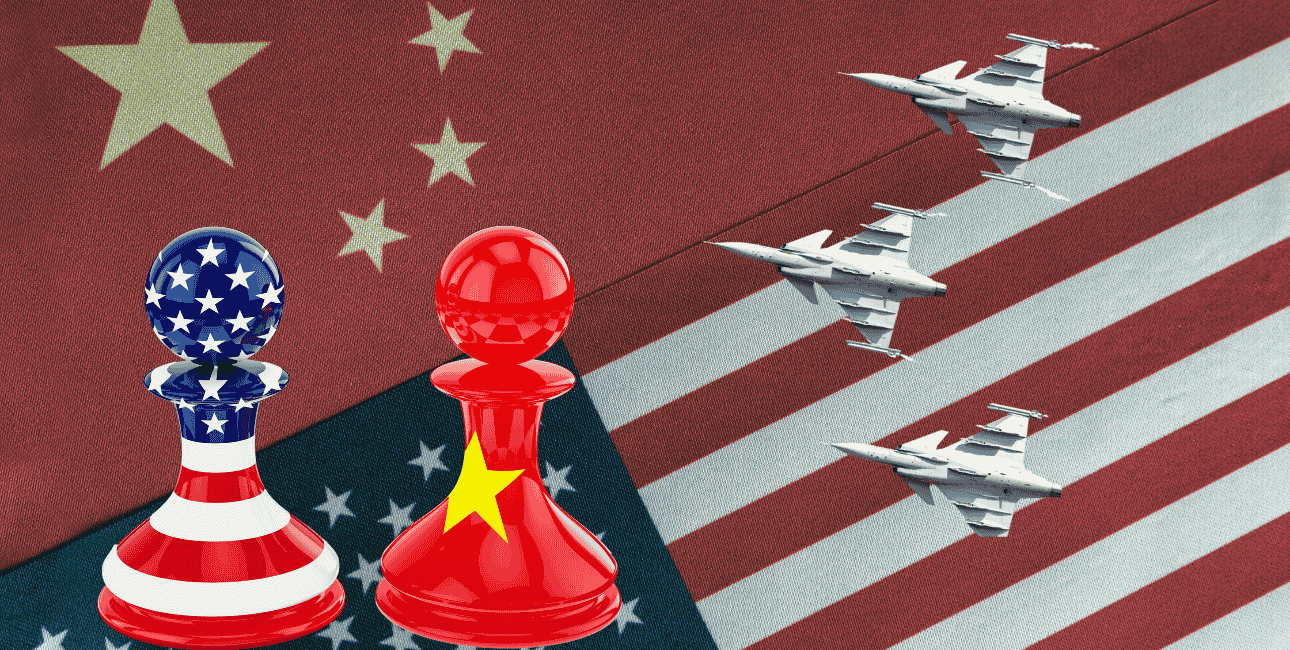In return for US President Donald Trump’s efforts to broker a ceasefire between Russia and Ukraine, Russian President Vladimir Putin has agreed to mediate between the US and Iran on a host of issues, including Tehran’s controversial nuclear program and its support for anti-US non-state actors across the Middle East.
Trump reached out to Putin in a February phone call to set up conversations with Iran about their nuclear program and their support for proxies hostile to the US, according to Bloomberg.
People familiar with the situation told the US news agency that Trump relayed that interest directly to Putin during their 90-minute phone call in February. The Kremlin has also confirmed that Russia was ready to promote a peaceful solution to Iran’s “nuclear problem.”
On March 4, Russian state-run TV channel Zvezda quoted Kremlin spokesman Dmitry Peskov as saying that President Putin had agreed to mediate between Iran and the United States in talks concerning nuclear weapons.
“Russia believes that the United States and Iran should resolve all problems through negotiations” and Moscow “is ready to do everything in its power to achieve this,” Peskov was quoted as saying by the news agency.
Meanwhile, Iran has welcomed the Russian offer to mediate between Tehran and Washington.
“Given the significance of these matters, it’s possible that many parties will show good will and readiness to help with various problems,” Iran’s foreign ministry spokesman, Esmaeil Baghaei, said during a televised press conference in Tehran. “From this perspective, it’s natural that countries will present an offer of help if it’s needed.”
In fact, the US and Russian officials have already discussed Iran’s nuclear program during their talks in Saudi Arabia on February 18. The talks in Riyadh involved US Secretary of State Marco Rubio, National Security Advisor Michael Waltz, special envoy Steve Witkoff, Russian Foreign Minister Sergey Lavrov, Russian foreign policy advisor Yuri Ushakov, and the head of Russia’s sovereign wealth fund, Kirill Dmitriev.
Notably, following the talks with the US in Riyadh, Russian Foreign Minister Lavrov traveled to Tehran in the last week of February. During the meeting with his Iranian counterpart Abbas Araghchi, Lavrov reportedly shared details about the discussions with the US on the Iranian nuclear program.

Trump’s Peace Offensive
Since taking charge on January 20, President Trump has doubled down on his efforts to resolve conflicts and wars in various parts of the world.
A ceasefire deal was announced between Israel and Hamas on January 16, following the 15-month-long conflict in Gaza. The ceasefire came in effect on January 19, just hours before Trump’s swearing in ceremony. Under the deal, Hamas agreed to release the remaining Israeli prisoners it abducted during its October 7, 2023, attack, while Israel agreed to pause its military operation in Gaza and allow humanitarian aid.
Notably, Trump had previously warned that there will be “hell to pay” in the Middle East if Israeli hostages held by Hamas in Gaza were not freed by the time he assumed the Oval Office on January 20.
Simultaneously, Trump pressured Israeli Prime Minister Benjamin Netanyahu to agree to a ceasefire. Trump had appointed his golf partner Steve Witkoff, who had no prior diplomatic experience, to broker a hostage deal as soon as possible.
According to Israeli media reports, Witkoff had “sternly” communicated to the Israeli authorities that Trump demanded the ceasefire deal be concluded before he takes office on January 20.
Commenting on the ceasefire deal between Israel and Hamas, Trump wrote in a Truth social post on January 15, “We have achieved so much without even being in the White House. Just imagine all of the wonderful things that will happen when I return to the White House…”
Similarly, during his presidential campaign trail, Trump promised to end the Russia-Ukraine War within “24 hours.” He took the first step in this direction on February 12 when he spoke over the phone with both President Putin and Ukrainian President Volodymyr Zelenskyy.

Despite strong resistance from President Zelenskyy and European leaders, Trump is determined to follow through on his promise of brokering a ceasefire between Russia and Ukraine and ending the three-year-old bloody war.
However, Trump’s attitude towards Iran has been more ambiguous.
Trump’s Iran Policy
While Trump’s efforts toward establishing a ceasefire in the Middle East and between Russia and Ukraine were expected, his attempts for opening negotiations with Iran have taken everyone by surprise.
During his presidential campaign last year, Trump said that he aims to return to the “maximum pressure” policy of his first term with Iran. Throughout his first presidential term, Trump maintained an adversarial relationship with Iran. He withdrew from an Obama-era nuclear agreement with Iran and targeted the Islamic Revolutionary Guard Corps (IRGC) commander Qasem Soleimani in a drone strike in January 2020.
Given this background, Trump’s offer to Putin to mediate between the US and Iran on its nuclear program is unprecedented.
Trump’s purported offer of talks to Iran is also significant given that US intelligence agencies believe that Israel is planning major strikes on Iran’s nuclear sites this year. In February, The Washington Post reported that Israel was planning air-strikes on Iran’s Fordow and Natanz nuclear facilities in the first six months of 2025.
It remains to be seen whether Trump’s offer to open back-channel talks with Iran on its nuclear program is just a diversionary tactic to keep Tehran engaged while Israel prepares for a major offensive or a last ditch effort to avoid a direct war between Iran and Israel, two of the Middle East’s most significant power centers.
- Sumit Ahlawat has over a decade of experience in news media. He has worked with Press Trust of India, Times Now, Zee News, Economic Times, and Microsoft News. He holds a Master’s Degree in International Media and Modern History from The University of Sheffield, UK. He is interested in studying Geopolitics from a historical perspective.
- He can be reached at ahlawat.sumit85 (at) gmail.com




